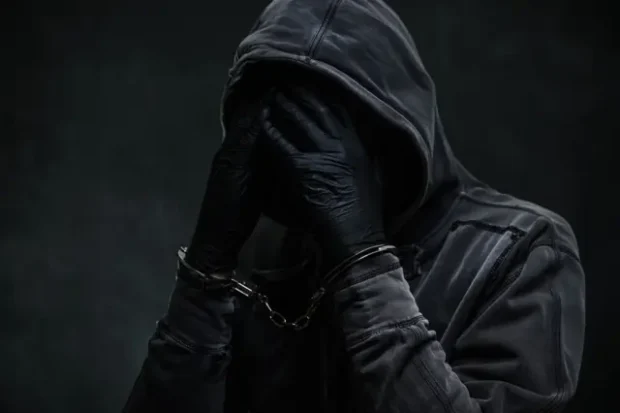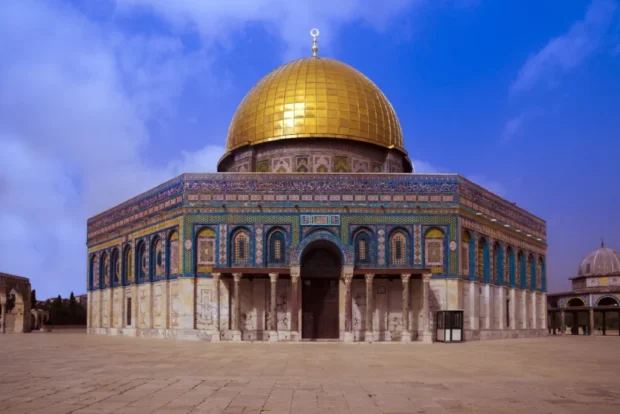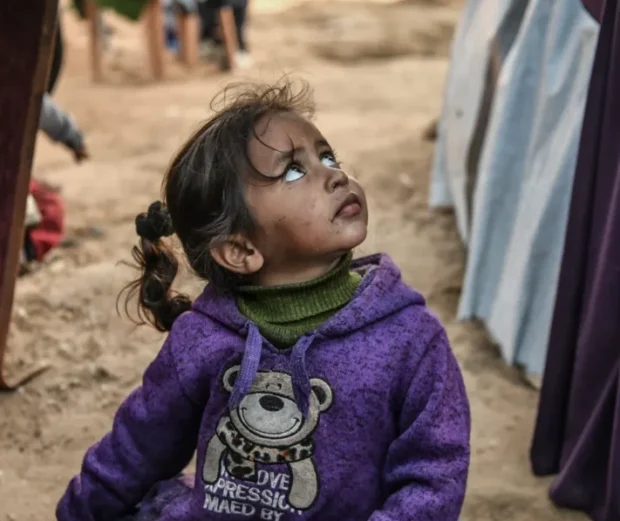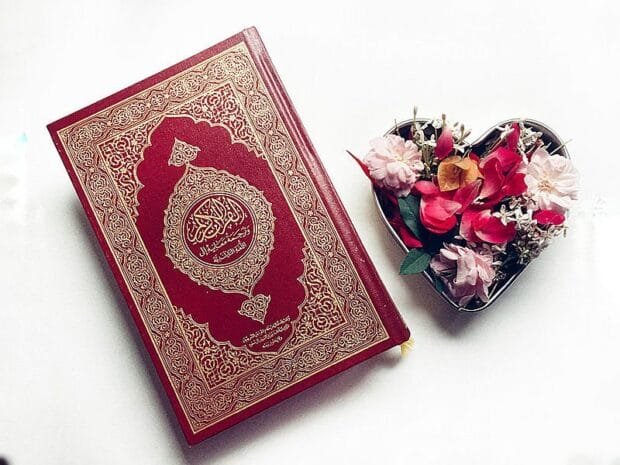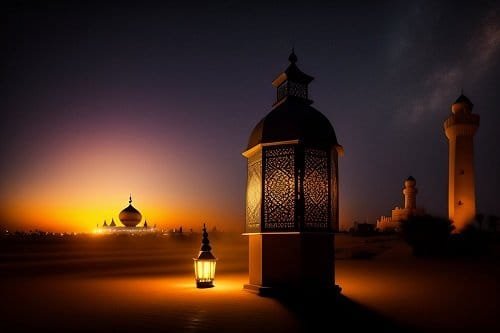(Impotence, Lack of Desire, and Lawful Solutions)
Sexuality in Islam is neither a taboo nor a shameful topic, as long as it is approached with modesty, ethics, and within the lawful framework of marriage. Among the realities faced by some Muslim couples are sexual disorders: impotence, lack of desire, pain during intercourse, etc. These issues can cause marital tension, frustration, or even spiritual doubt. Islam acknowledges these situations and offers responses that are compatible with faith, psychology, and medicine.
📌 1. The Importance of Intimate Life in Marriage
Sexual intimacy is one of the fundamental marital rights in Islam. The Prophet ﷺ said:
“In the sexual act of one of you, there is a charity (sadaqa).”
— Sahih Muslim
This hadith shows that lawful sexuality is not only permissible but also spiritually rewarded. Unjustly refusing intimacy to one’s spouse can lead to discord and even sin. This highlights the importance of preserving this intimate bond, even when it is affected by difficulties.
🩺 2. Sexual Impotence (al-‘ajz al-jinsī)
➤ Definition:
Impotence refers to the persistent inability to achieve or maintain an erection sufficient for satisfactory sexual intercourse.
➤ Islamic Perspective:
Impotence is not a shame, but a trial. Islam encourages medical consultation and permits the use of lawful treatments (medication, behavioral therapy, herbal remedies).
The Qur’an says:
“So ask the people of knowledge if you do not know.”
— Surah An-Nahl, 16:43
👉 This includes health specialists when the issue is physical or psychological.
➤ Lawful Solutions:
- Medical treatment (with halal-certified medications)
- Recognized natural remedies (ginger, honey, fenugreek…)
- Healthy diet and physical activity
- Psychological counseling for emotional or stress-related causes
- Ruqya (Qur’anic recitation for issues linked to whisperings or black magic)
💔 3. Lack of Sexual Desire (futūr jinsī)
➤ Common Causes:
- Fatigue, stress, hormonal imbalances
- Marital conflicts
- Depression or anxiety
- Past trauma or psychological blocks
➤ Islamic Approach:
The Prophet ﷺ encouraged tenderness, gentle speech, and emotional preparation for intimacy. He said:
“Let none of you fall upon his wife like an animal; let him first speak to her, kiss her…”
— Reported by Al-Daraqutni
👉 Foreplay and tenderness play a crucial role in rekindling desire.
➤ Practical Advice:
- Open communication within the couple
- Mental and physical preparation (cleanliness, fragrance, relaxation)
- Reading Islamic marital advice together
- Avoiding pornography and distractions that weaken natural desire
- Making specific du‘ās (see below)
🙏 4. Spiritual Solutions and Recommended Du‘ās
➤ Du‘ā to Improve Marital Relations:
“Rabbana hab lana min azwajina wa dhurriyyatina qurrata a‘yunin waj‘alna lil-muttaqina imama”
“Our Lord, grant us from among our spouses and offspring comfort to our eyes and make us an example for the righteous.”
— Surah Al-Furqan, 25:74
➤ Ruqya (Spiritual Relief through Qur’anic Recitation):
- Surah Al-Fātiha
- Ayat al-Kursī (2:255)
- The last three Surahs: Al-Ikhlās, Al-Falaq, An-Nās
- The supplication of Prophet Ayyūb عليه السلام:
“Rabbi innī massaniyaḍ-ḍurru wa anta arḥamur-rāḥimīn”
“O my Lord, harm has touched me, and You are the Most Merciful of the merciful.”
— Surah Sād, 38:41
💬 5. When to Consult a Specialist?
Islam encourages seeking remedies through lawful means and not suffering in silence. The Prophet ﷺ said:
“There is no disease that Allah has created, except that He has also created its remedy.”
— Sahih al-Bukhari
👉 If the issue persists, it is highly recommended to consult:
- A medical doctor (urologist, gynecologist, endocrinologist)
- A Muslim therapist or one who respects Islamic values
- An imam or marital counselor for spiritual support
🤝 6. The Role of the Spouse: Patience, Listening, and Support
Islam encourages couples to show compassion, mercy, and understanding. Sexual intimacy is not just a physical act but an expression of love and the tranquility (sukūn) that marriage brings.
The Qur’an says:
“And He placed between you affection and mercy.”
— Surah Ar-Rūm, 30:21
Sexual disorders should not be a source of shame, but a trial to face with faith, knowledge, and wisdom. Islam offers a balanced framework that combines spirituality, compassion, and openness to science. Seeking lawful solutions, maintaining open communication, and pursuing both spiritual and medical support can help restore harmony in the couple.

